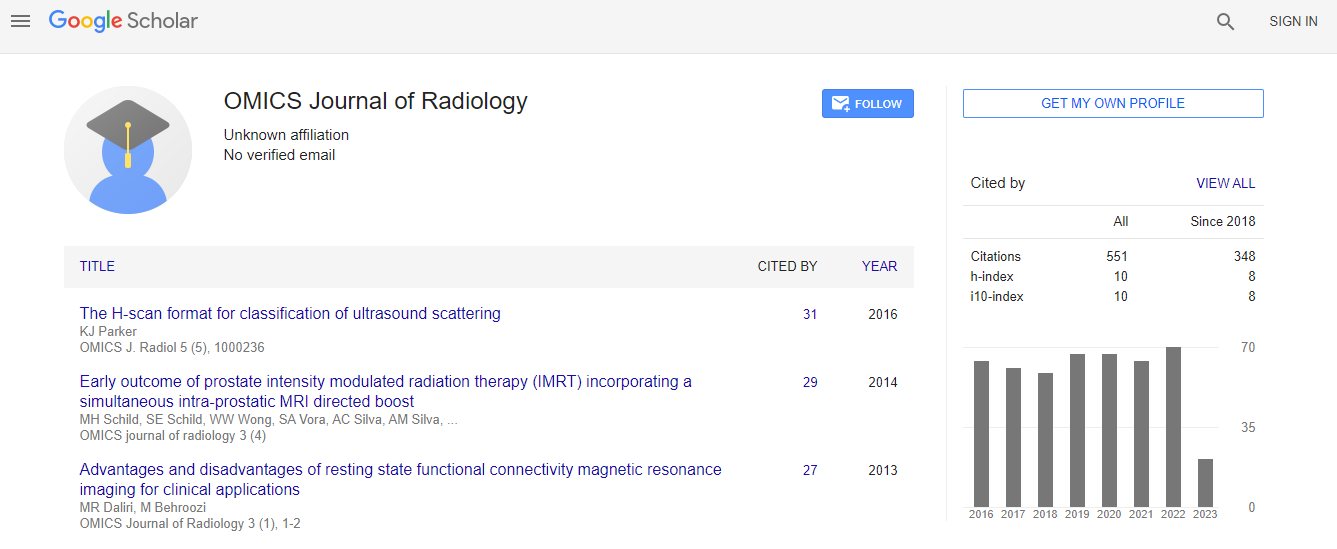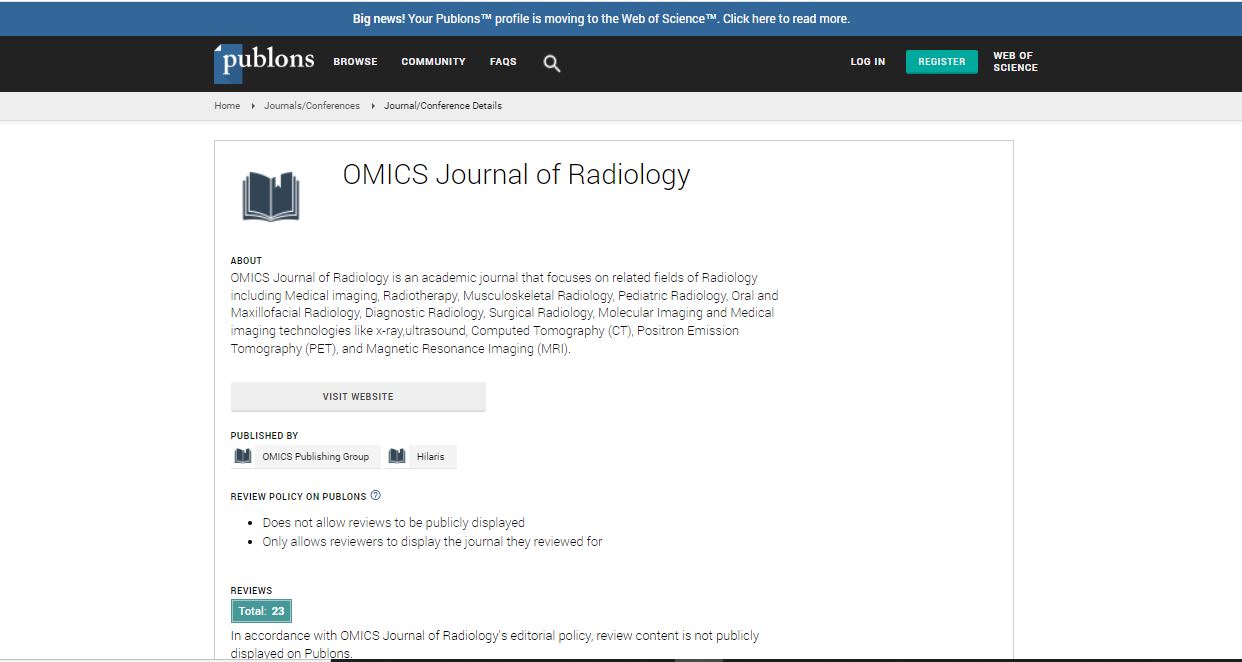Our Group organises 3000+ Global Conferenceseries Events every year across USA, Europe & Asia with support from 1000 more scientific Societies and Publishes 700+ Open Access Journals which contains over 50000 eminent personalities, reputed scientists as editorial board members.
Open Access Journals gaining more Readers and Citations
700 Journals and 15,000,000 Readers Each Journal is getting 25,000+ Readers
Google Scholar citation report
Citations : 551
Journal of Radiology received 551 citations as per Google Scholar report
Journal of Radiology peer review process verified at publons
Indexed In
- Index Copernicus
- Google Scholar
- Open J Gate
- Genamics JournalSeek
- ResearchBible
- Electronic Journals Library
- RefSeek
- Hamdard University
- EBSCO A-Z
- OCLC- WorldCat
- SWB online catalog
- Virtual Library of Biology (vifabio)
- Publons
- Geneva Foundation for Medical Education and Research
- ICMJE
Useful Links
Share This Page
The Toshiba Aplio 400 is a key component in a small local study investigating the potential suitability of elastography in differentiating between benign and malignant breast pathology, its objective to determine a numerical figure that may be significant in aiding the judgement call between benign
World Congress on Radiology and Oncology
Dawn McDonald
James Paget Hospital, UK
ScientificTracks Abstracts: OMICS J Radiol
Abstract
Benign breast disease is common among women and when symptomatic, surgical management is the preferred option for both clinicians and patients alike (Lakoma and Eugene, 2014). Elastography is a relatively new tool, which still appears to be little utilised in breast imaging. Its use, when applied in the clinical setting, can differentiate between benign and malignant pathology, in particular focal lesions. But how useful is this? And if useful, is it possible to arrive at a numerical value which may determine whether a lesion is likely to be benign or not? A small local study undertaken over one year has suggested that elastography is indeed useful clinically, and that it is possible to arrive at a numerical value which can be significant in differentiating between benign and malignant lesions, as long as it is used in conjunction with other modalities such as mammography and ultrasound. Age is also key factor to be taken account of in the analysis. Implementation of the technique outlined by this study could significantly reduce the numbers of benign breast biopsy undertaken, resulting in substantially lower financial costs for the medical services, and reducing the number of women suffering the anxiety of unnecessary procedures ultimately leading to benign outcomes.Biography
Dawn McDonald completed her MSc in Medical Imaging, from Kingston University in 2008, and became a Consultant Mammographer soon afterwards. Working with the same autonomy and professionalism as a Consultant Breast Radiologist, she is responsible for all aspects of breast diagnosis within her unit, including breast interventional and film reading, and works closely with the surgical team. Currently, she is working at the James Paget Hospital in Great Yarmouth UK, and Imperial College London.

 Spanish
Spanish  Chinese
Chinese  Russian
Russian  German
German  French
French  Japanese
Japanese  Portuguese
Portuguese  Hindi
Hindi 
